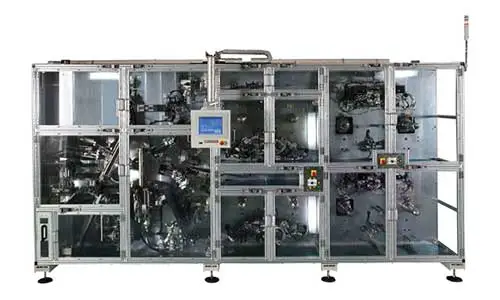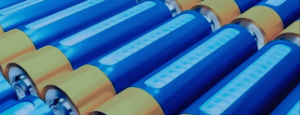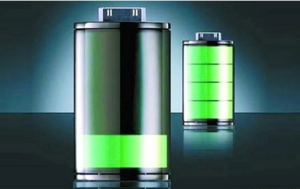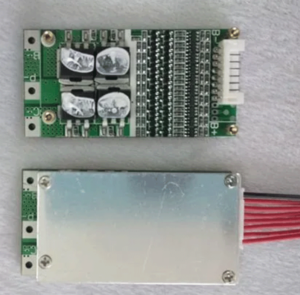I. Introduction
In the manufacturing process of lithium batteries, the winding process plays a vital role in improving the energy density, cycle life and safety of lithium batteries. This article will discuss the winding process in lithium battery manufacturing and provide useful reference for the development of related industries.
2. Introduction to winding process
The winding process is the core link in the manufacturing process of lithium batteries. It mainly involves the process of winding materials such as positive electrodes, negative electrodes, and separators into cells in a certain order and direction under certain tension control. The quality of the winding process directly affects the performance and life of lithium batteries. Therefore, in-depth research and optimization of the winding process is of great significance.
3. Winding process
1. Material preparation: Before the winding process begins, raw materials such as positive electrodes, negative electrodes, and separators need to be prepared according to certain specifications and quantities. These materials need to be tested to ensure that their performance and quality meet process requirements.
2. Tension control: During the winding process, a certain tension needs to be applied to the material to ensure the flatness and tightness of the winding. The amount of tension needs to be precisely controlled based on material characteristics and process requirements.
3. Winding and shaping: After preparing the raw materials and applying appropriate tension, the winding machine will wind according to the preset trajectory and speed. During the winding process, stable winding speed and tension must be maintained to ensure that the structure and size of the battery core meet the design requirements.
4. Quality inspection: After winding is completed, a comprehensive quality inspection of the battery core is required. The inspection content includes the appearance, size, weight and performance parameters of the battery cells. Only qualified cells can enter the next process.
5. Follow-up processing: For qualified cells, further packaging and assembly are required to finally form a finished lithium battery that can be used.

4. Key technologies and difficulties
1. Tension control technology: Tension control is one of the core technologies in the winding process. During the winding process, the stability of the material tension has an important impact on the flatness and tightness of the winding. In order to achieve precise tension control, advanced sensors and control systems are needed to monitor the tension status of the material in real time and make adjustments. In addition, according to different material and process requirements, the tension control algorithm needs to be researched and optimized.
2. Winding speed and stability: Winding speed determines production efficiency, while stability directly affects the quality of the battery core. Improving the winding speed while ensuring stability is another key technology in the winding process. To achieve this goal, it is necessary to study the dynamic characteristics during the winding process and optimize the structure and motion control algorithm of the winding machine to improve its dynamic response capability and stability.
3. Automatic deviation correction and alignment: During the winding process, the material is prone to deviation and offset, which may lead to structural and dimensional deviations of the battery core. Therefore, the development and application of automatic correction and alignment technology are of great significance to improving the consistency and qualification rate of battery cells. This technology involves multiple fields such as photoelectric detection, image processing, and motion control, and requires comprehensive use of relevant theories and technologies for in-depth research.
4. Adaptability of new materials: With the development of science and technology, new electrode materials (such as silicon-based negative electrode materials) and separator materials are constantly emerging. The physical properties of these materials are quite different from traditional materials, which poses a problem for winding. Craftsmanship presents new challenges. How to adapt to the characteristics of new materials and optimize the winding process parameters is one of the current problems that need to be solved urgently.
5. Environmental protection and safety: In the manufacturing process of lithium batteries, a variety of organic solvents and other harmful substances are involved. Therefore, how to reduce environmental pollution and production safety risks while ensuring the quality and efficiency of the winding process is an issue worthy of attention. Future research into green manufacturing technologies and environmentally friendly solvent alternatives is needed to achieve sustainable development in lithium battery manufacturing.
5. Outlook
With the continuous advancement of technology and the continued growth of market demand, the winding process in lithium battery manufacturing will usher in new development opportunities and challenges. In the future, the winding process will develop in an efficient, smart, and green direction. By introducing advanced technologies such as artificial intelligence and machine learning, we can achieve intelligent and adaptive control of the winding process; we can improve production efficiency by improving equipment structure and optimizing process parameters; we can reduce the cost of production by developing environmentally friendly materials and manufacturing technologies. of environmental pollution.
6. Conclusion
The winding process in lithium battery manufacturing is one of the key links, and its technical level and product quality are directly related to the performance and value of lithium batteries. In order to meet the market demand for high-performance lithium batteries, it is necessary to continuously conduct in-depth research on the core technology of the winding process, overcome difficult problems, and improve process levels and production efficiency. At the same time, we pay attention to environmental protection and safety issues and promote the sustainable development of the lithium battery industry. Through continuous technological innovation and market expansion, it is believed that the winding process in lithium battery manufacturing will achieve more significant progress and development.




